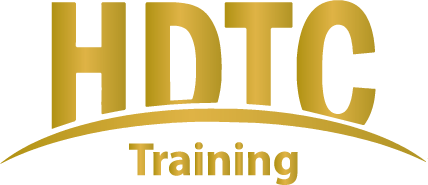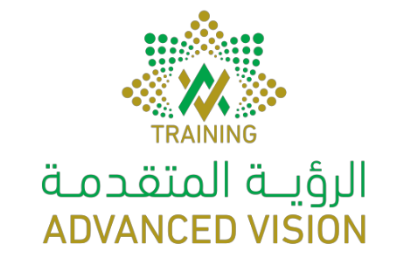By the end of this training course, the participant will be able to:
- Explain the fundamental concepts and principles of a quality management system (QMS) based on ISO 9001
- Interpret the requirements of ISO 9001 for a QMS from the perspective of an implementer
- Initiate and plan the implementation of a QMS based on ISO 9001, by utilizing PECB’s IMS2 Methodology and other best practices
- Support an organization in operating, maintaining, and continually improving a QMS based on ISO 9001
- Prepare an organization to undergo a third-party certification audit
Day 1 Introduction to ISO 9001 and the initiation of a QMS implementation
- Training course objectives and structure
- Overview of ISO, management systems, and ISO 9000 family
- Introduction to quality and QMS based on ISO 9001
- Initiation of the QMS implementation
- Leadership and commitment
- Quality policy
- Roles, responsibilities, and authorities
Day 2 Implementation plan of a QMS
- Context of the organization
- QMS scope
- Actions to address risks and opportunities
- Quality objectives
- Change management
- Resources
- Competence
Day 3 Implementation of a QMS
- Awareness and communication
- Management of documented information
- Requirements for products and services
- Design and development of products and services
- Outsourcing
- Production and service provision
- Monitoring, measurement, analysis, and evaluation
Day 4 QMS monitoring, continual improvement, and preparation for the certification audit
- Internal audit
- Management reviews
- Nonconformities and corrective actions
- Continual improvement
- Preparation for the certification audit
- Closing of the training course
Day 5 Certification Exam
- Gain an in depth knowledge of the requirements of 9001
- Develop the confidence to apply this knowledge within your organization
- Be able to perform a detailed gap analysis and project plan
- Know what each clause requires for effective implementation
- Develop the soft and management skills to be able to effectively lead the implementation of an effective ISO 9001:2015 management system within your organization
- Be able to prove your knowledge via completion of the course exam
The ISO 9001 Lead Implementer training course is intended for:
- Personnel responsible for maintaining and improving the quality of the products and services of the organization
- Personnel responsible for meeting customer requirements
- Consultants, advisors, professionals wishing to obtain in-depth knowledge of ISO 9001 requirements for a QMS
- Professionals wishing to acquaint themselves with PECB’s IMS2 Methodology for implementing a QMS
- Individuals responsible for maintaining the conformity of QMS to ISO 9001 requirements
- Members of QMS implementation and operation teams
- Individuals aspiring to pursue a career in quality management
The main requirements for participating in this training course are a basic knowledge of ISO management system standards, overall knowledge of ISO 9001, and the MS implementation principles. An understanding of ISO’s quality management principles may also facilitate the learning process.
Achieving ISO 9001 Lead Implementer certification is crucial for organizations as it ensures expertise in implementing and managing quality management systems (QMS) based on international standards.
This certification enhances organizational processes, reputation, and compliance while fostering a culture of continuous improvement and customer focus. It signifies commitment to quality and efficiency, making it valuable for both internal operational excellence and external stakeholder confidence.
Here are some of the roles that benefit from our ISO 9001 training (as observed in popular job portals):
- Quality Manager — They oversee and manage quality control processes, ensuring adherence to standards and driving improvement initiatives.
- Quality Assurance Engineer — They conduct inspections and audits to maintain compliance with quality standards and implement quality assurance procedures.
- Process Improvement Specialist — They identify inefficiencies in processes and implement improvements to enhance efficiency, productivity, and quality.
- Compliance Officer — They ensure adherence to regulations and company policies through audits and the development of compliance programs.
- Internal Auditor — They conduct audits to assess adherence to policies, procedures, and quality standards, providing recommendations for improvement.
- Quality Consultant — They provide expert advice on quality management practices and support organizations in achieving their quality goals.
The exam fully meets the requirements of the PECB Examination and Certificate programmer.
The exam follows this format:
- The passing score exam: 70%.
- Duration: 3 hours
- Exam type: Multiple Choice
- Number of questions: 80
- Multiple Choice










